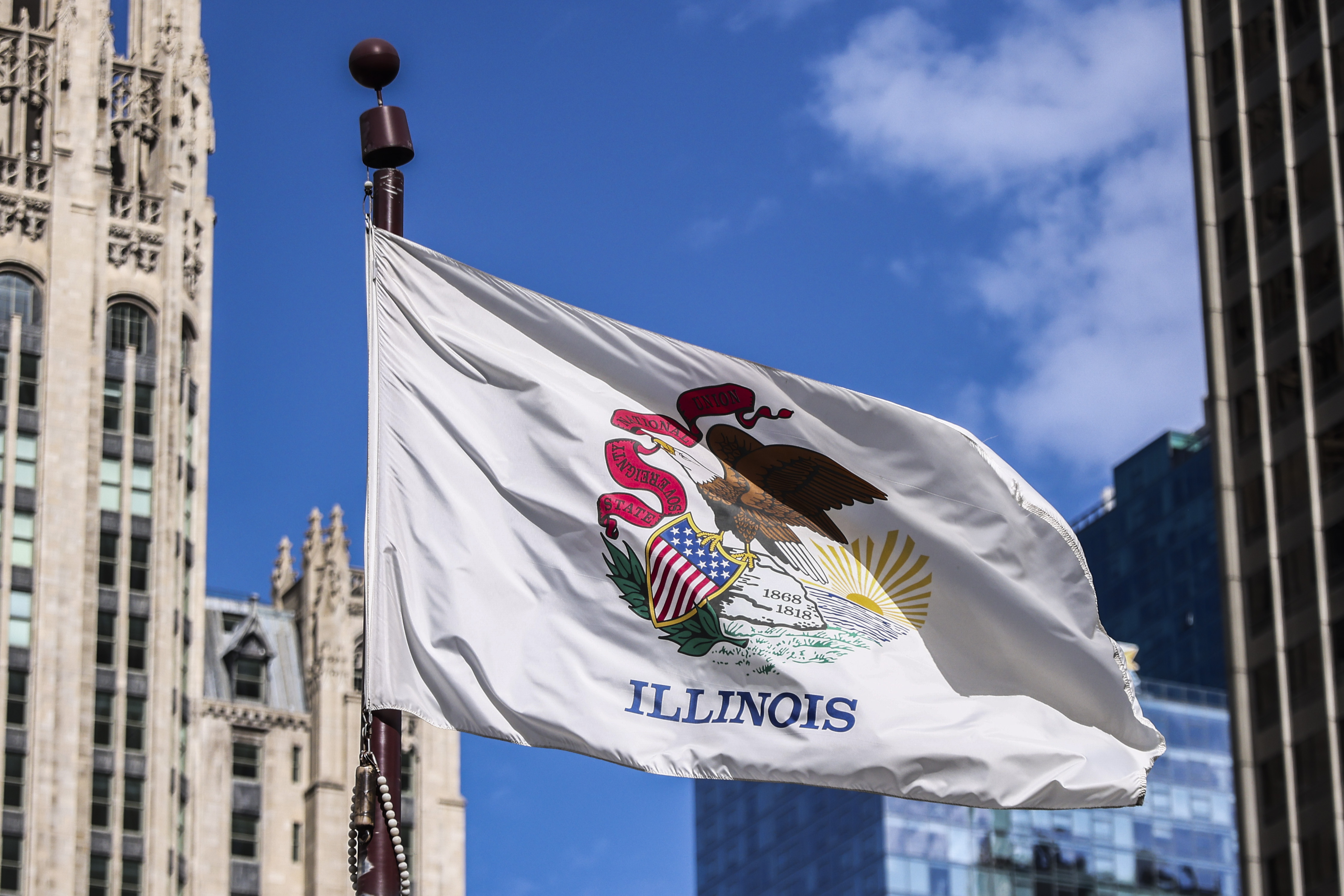A Michigan doctor shared tips Tuesday on how to clean groceries and food delivery or takeout orders to stay as safe as possible during the coronavirus outbreak.
Dr. Jeffrey VanWingen has been a family physician in Grand Rapids, Michigan, for more than 20 years. He shared a video Tuesday detailing what he said is called "sterile technique" to clean your items.
"We have a dilemma in society where we need to eat to live but we also need to get that food. And that getting of food is now risky," VanWingen said. "Safety out in the marketplace can literally save lives."
Medical professionals use "sterile technique" while performing surgeries to maintain a clean environment, VanWingen said, also suggesting leaving groceries outside for three days after purchasing in case of any germs on the packaging.
If that isn't possible, VanWingen also suggested the following while shopping:
- Wipe down your cart
- Commit to buying items before picking up so you are not touching everything
- Don't shop if you have any respiratory symptoms or have been exposed
- Don't allow loved ones over the age of 60 to go grocery shopping
- Buy 2 weeks worth of groceries so you do not have to go again
After shopping, VanWingen advised:
- Sanitize your table or the area you will place groceries
- Designate one half of the table for "clean" groceries and the other half for "dirty" groceries
- Wipe down each item before placing on the "clean" half of the table with a disinfectant
- Wipe down or spray all plastic items and packages
When handling take-out food, VanWingen suggests:
- Washing hands before handling
- Hold wrapper and keep food free of contact while placing on a plate from home
- Microwave or heat food whenever possible
- Choose hot takeout food whenever possible
Other things to know, according to VanWingen:
- Remove plastic bags from cardboard containers that may have had human contact
- If you must use a reusable bag, consider them dirty after using them
- Move items like bread into alternative storage containers
- Wash fruit in soapy water for at least 20 seconds similar to washing hands
Coronavirus does not survive well in food, but the wrappers should be a concern, VanWingen said, adding that some coronavirus can live inside a frozen environment for two years.
Local
"It's not about wiping the shopping cart handle with an antiseptic wipe," he said. "We need to do more than that."



